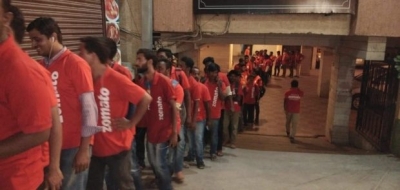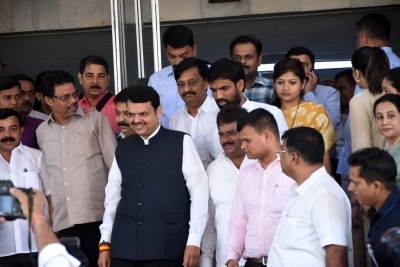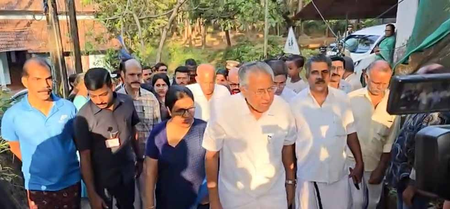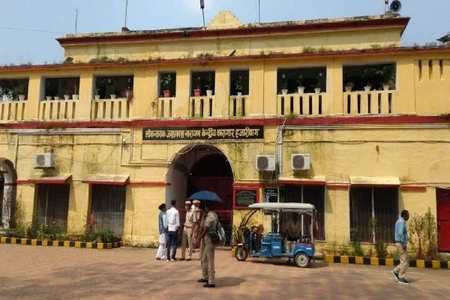
Gandhinagar, September 10 (IANS) The Gujarat government on Tuesday announced an additional grant of Rs 2 crore for each MLA representing the municipal corporation areas to expedite road development projects in their respective constituencies.
This decision aims to accelerate repairing and maintenance of roads damaged during the monsoon season to improve urban mobility.
The allocated funds will be used to construct new concrete and asphalt roads, recarpet old roads, and install paver blocks where necessary.
While the Urban Development Department typically provides funding for such projects, this additional grant will be issued from the Roads and Buildings Department.
Rs 86 crore will be distributed among 43 MLAs from the municipal corporation areas across Gujarat, Chief Minister Bhupendra Patel announced on Tuesday.
The state government also announced the formation of the Gujarat State Institution for Transformation (GRIT), modeled after the NITI Aayog, to steer the state’s development plans.
As part of this initiative, the government has prepared a vision document titled ‘Roadmap of Developed Gujarat @ 2047’. This roadmap will serve as a guide for formulating short-term and long-term goals to achieve the state’s developmental objectives.
The Gujarat State Institution for Transformation (GRIT) will focus on several key areas to drive the state’s development agenda.
One of its primary responsibilities will be reviewing the implementation of the recommendations made by the Task Force Committee to achieve the ambitious goal of a $5 trillion economy.
The GRIT will also monitor and recommend balanced economic growth across critical sectors such as industry, agriculture, investment, and exports.
Additionally, it will evaluate and supervise various state government schemes to ensure they align with the long-term vision of ‘Developed Gujarat @ 2047’.
Promoting good governance will be a central focus, with the GRIT ensuring consistent policy formulation and decision-making aligned with the state’s priorities.
It will identify critical areas for long-term holistic development and suggest new measures to drive progress. The GRIT will also encourage collaboration between the state government, Government of India, NITI Aayog, civil society groups, and other stakeholders for the effective implementation of the developmental initiatives.
Regarding policy, the GRIT will review and recommend strategies for multidimensional development, drawing on successful national and international practices.
It will also collaborate with leading institutions to foster cross-sector partnerships, knowledge-sharing, and capacity-building programmes.
Embracing technological innovation, the GRIT will promote advanced technologies such as Artificial Intelligence, Machine Learning, Internet of Things, Robotics, GIS, Drone Technology, and Blockchain to enhance governance and development.
–IANS
janvi/arm




